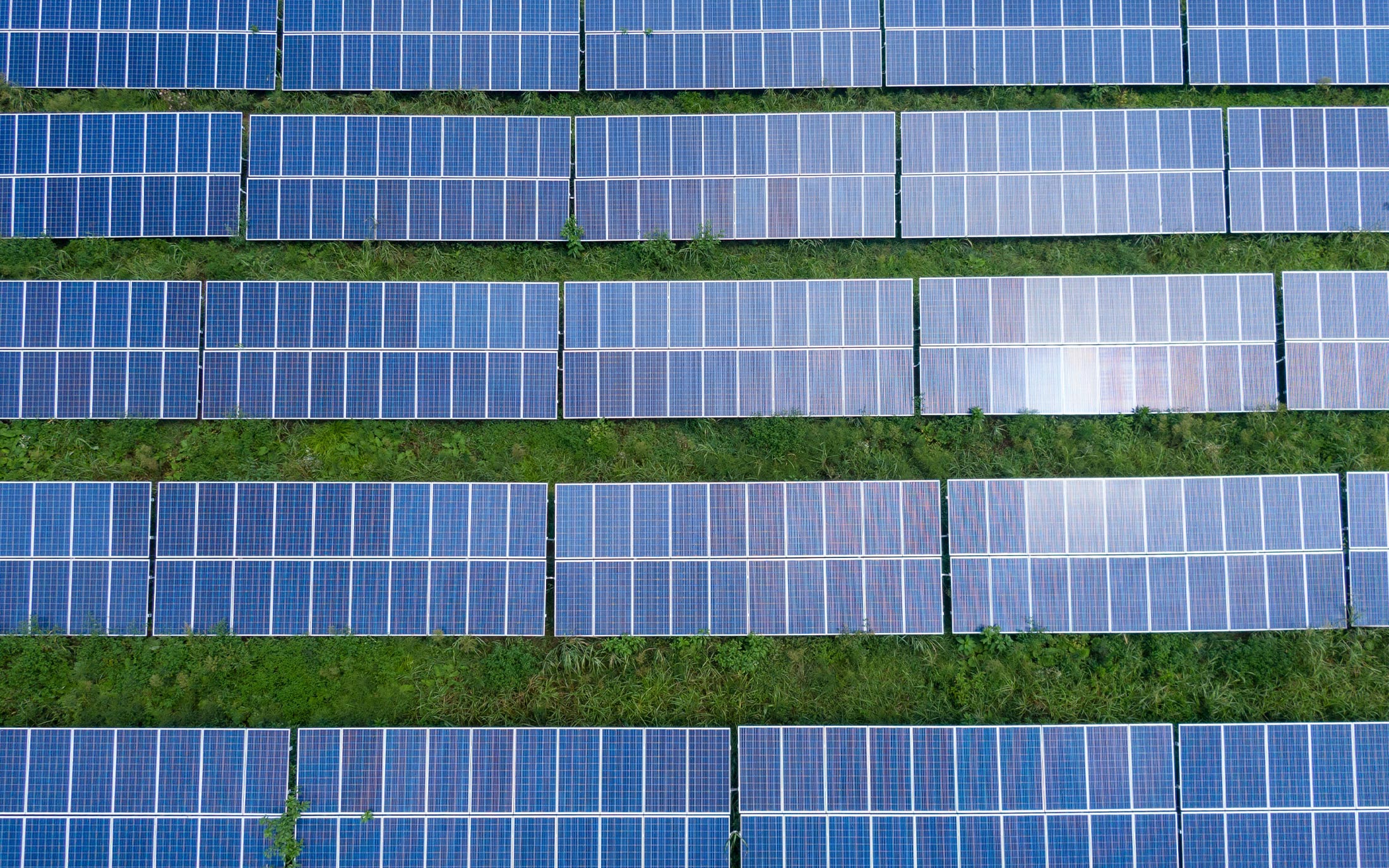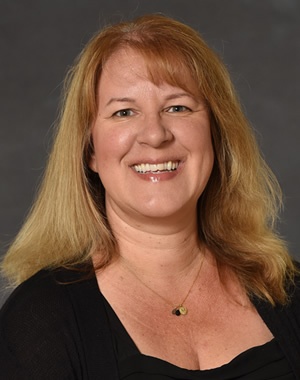
The percentage of Michigan local governments that say they have or are considering renewable energy goals has doubled since 2019.
Local officials also report that a variety of energy issues, such as energy infrastructure zoning and planning for electric vehicles, are more relevant to their communities than they were four years ago, and the tone of local policy discussions regarding zoning for renewable energy infrastructure is generally seen as constructive.
Those are among the key findings in the latest Michigan Public Policy Survey (MPPS) conducted by the University of Michigan’s Center for Local, State, and Urban Policy (CLOSUP). It presents the views of local government leaders statewide on a range of topics regarding local energy issues—in particular, their assessment of their local government’s attitudes and goals regarding renewable energy.
In 2023, 24% of Michigan local governments reported they have or are considering renewable energy goals or requirements to offset energy use by either the jurisdiction’s government or their community at large. That’s a significant increase over the 11% that said the same in 2019.
“Michigan aims to become one of the leading states nationwide in renewable energy and environmental sustainability efforts, and that includes encouraging local governments to adopt relevant policies for their own communities,” said MPPS project manager Natalie Fitzpatrick.
A majority of local officials report that siting energy infrastructure on public property and regulating infrastructure placement on private property are more relevant to their communities than four years ago. Additionally, 39% of officials say planning for electric vehicle infrastructure is somewhat or very relevant—a jump from the 23% who said the same in 2019.
The survey also found that the conversations around energy zoning in Michigan communities are generally quite constructive. In places that conduct their own zoning, 79% of elected officials report the tone of conversations among officials about renewable energy zoning as either somewhat or very constructive, and 48% reported conversations between officials and residents as constructive.
“We were concerned when we asked about the tone of discussion around zoning for renewables that local leaders would report back that they were hearing from a lot of angry residents,” said Debra Horner, CLOSUP’s senior program manager. “It’s heartening to see that, in today’s challenging political climate, Michigan communities are grappling with tough issues in a positive way.”
The findings come from the fall 2023 installment of a survey of all 1,856 general purpose local governments in Michigan conducted since 2009 by CLOSUP at U-M’s Ford School of Public Policy. The program is a partnership with Michigan’s local government associations. Respondents include village, township, city and county officials from 1,315 jurisdictions across the state, resulting in a 70% response rate by unit.
Written by Sarah Rooney, Michigan News
